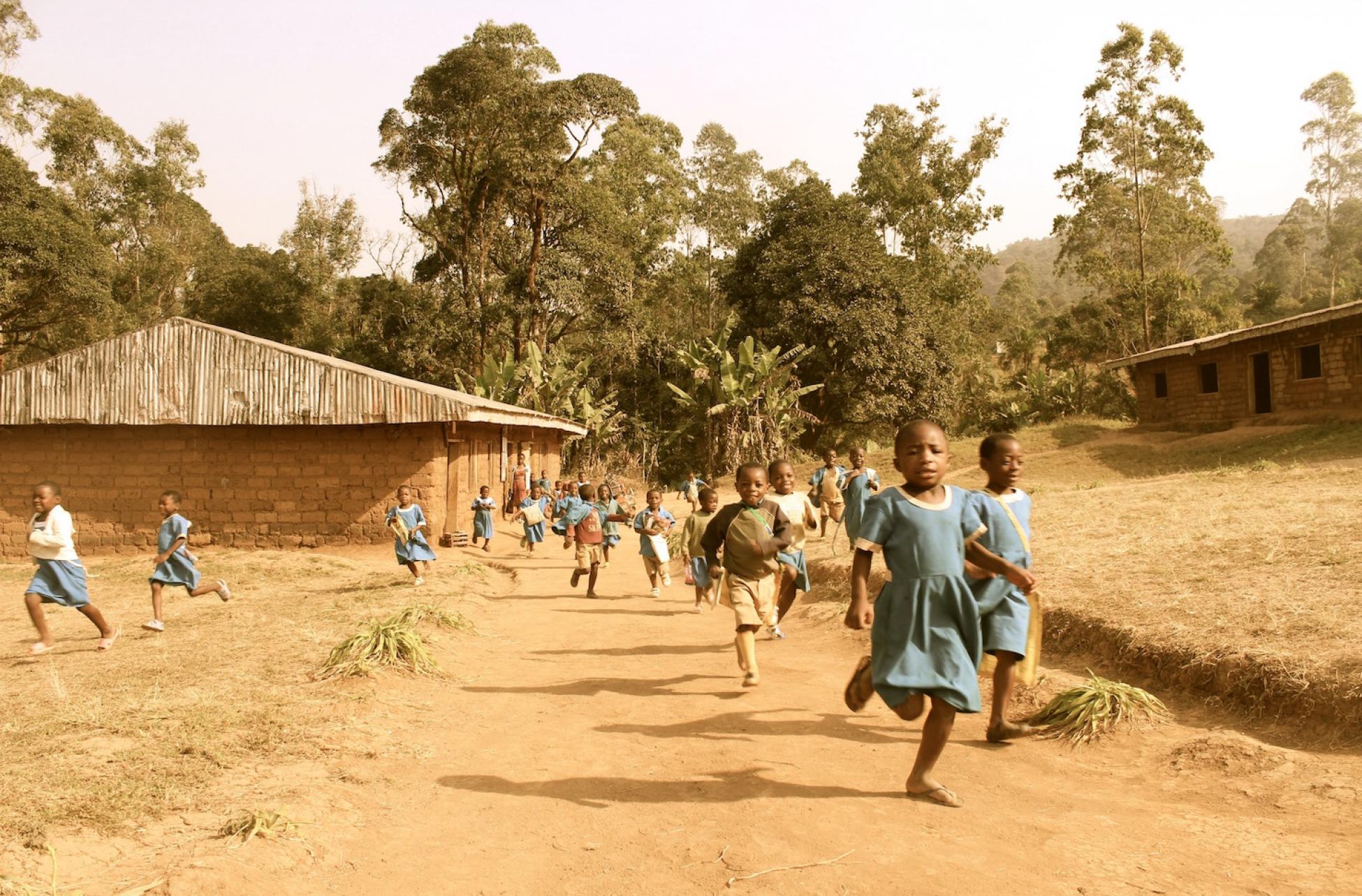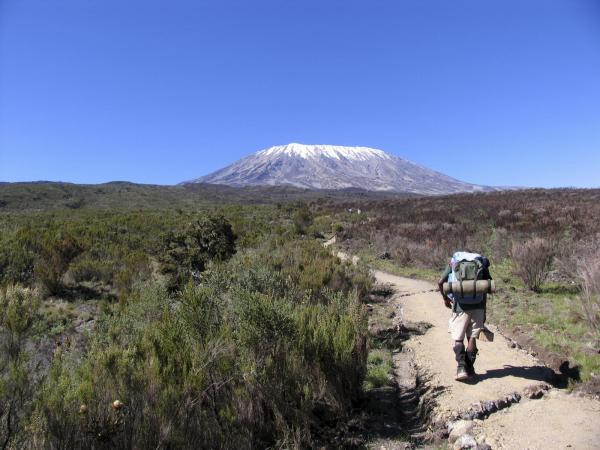Last year, I developed a newfound understanding of what a girl experiencing puberty goes through. Why? Because I was pregnant. It was good timing, too. In January 2015, as the Executive Director of Mother Nature Partnership, I travelled to Cameroon to work with hundreds of high school girls to improve access to menstrual health care. A little understanding went a long way.
Pregnancy felt like going through a sort of puberty all over again. In both life stages, the body changes dramatically, which can be scary or exhilarating—or both. Everything is new and life will change forever, but it is hard to imagine how until it happens. As if that weren’t enough change for one soul to handle, she all of a sudden represents something very powerful to society; the world watches as she evolves from girlhood to womanhood and sexuality.
In spite of these parallels, there were some drastic differences between my experience as a pregnant Canadian person and that of the Cameroonian girls I travelled to meet. When it comes to female reproductive health, I have certain privileges at my disposal that inevitably set us apart. Many of these privileges are ones that we may take for granted in North America.
Many girls in Cameroon have to resort to mud, newspapers, rags, or nothing at all to care for their periods.
First, I have unparalleled access to information. (In fact, I may have too much information. Oh, Internet!) In stark contrast, many of the girls we work with in Cameroon either have no information about menstruation, or have misinformation that stems from cultural taboos or co-ed sexual education classes that prohibit frank conversation.
I also had an abundance of necessary tools to manage my pregnancy in any way that I chose. I had books, midwives, a beautiful birthing centre, ultrasounds, prenatal vitamins and a medical system if I needed it. Meanwhile, many girls in Cameroon are without the supplies that they need for menstruation, mainly because of prohibitive costs. They have to resort to mud, newspapers, rags or nothing at all to care for their periods. This results in being relegated to the house, school absenteeism and even dropping out of high school. This can lead to earlier marriage and childbearing, reinforcing a cycle of poverty and restriction.
Open communication and support were also at my disposal. Cultural taboos prohibit many Cameroonian girls from even mentioning menstruation or engaging with other people during menses. These girls often face the onset of menstruation with fear and loneliness.
It is these three privileges—access to information, necessary tools and open communication—that I sought to share with my Cameroonian sisters when I flew to Central Africa at 32 weeks pregnant. When equipped with knowledge and tools for healthy menstrual care, girls are free to attend school and lay a strong foundation for a life of knowledge and self-sufficiency. I had the great fortune to lead workshops with 1,400 high school girls and provide a choice of reusable pads or menstrual cups for these young women. As with any time we explore a new community, I learned invaluable lessons from the girls that I met.
In the midst of flying halfway around our interconnected world, my body went through the miracle of creating and nurturing life with a breadth of ancient knowledge that would make even the Internet jealous. And that is something that I am fortunate to have in common with the exceptional girls that I work with.
Add this article to your reading list




